Prof. Dr. Vu Minh Khuong, Lee Kuan Yew School of Public Policy (Singapore) expects unprecedented changes in the country these days, following General Secretary To Lam's call for an era of growth.
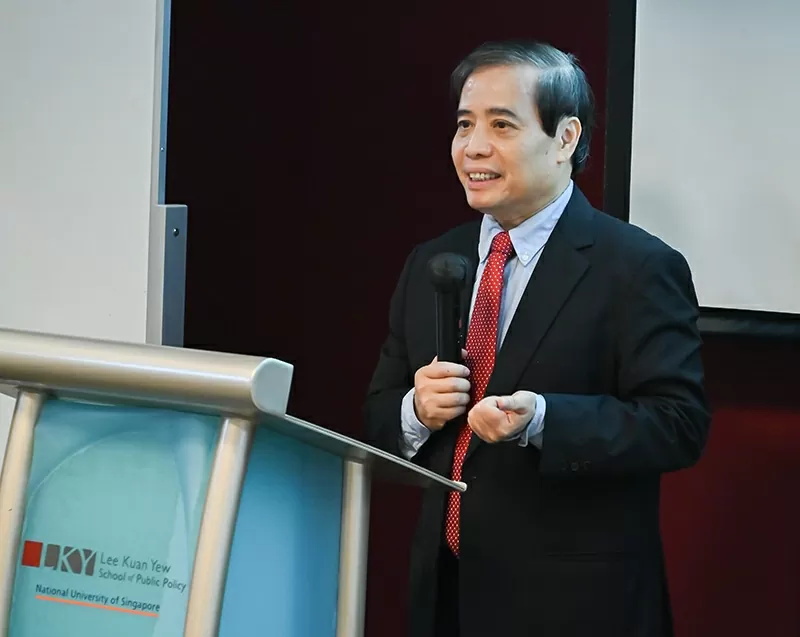 |
| Prof. Dr. Vu Minh Khuong, Lee Kuan Yew School of Public Policy (Singapore). (Source: Investment Newspaper) |
As General Secretary To Lam said, the era of rising up implies creating a strong, decisive, drastic, positive, effortful, internal, and confident movement to overcome challenges, surpass oneself, realize aspirations, reach goals, and achieve great achievements. What is your comment on the aspirations and determination to rise up of the country and the nation?
As someone who has been wondering and waiting for many years for Vietnam's take-off, I am truly happy and expectant of unprecedented changes in the country these days, following the call for an era of growth by General Secretary To Lam.
It revived the special emotions that welled up more than 30 years ago, when I first read the following lines from The Theory of Economic Growth by Nobel Prize-winning economist Arthur Lewis in the library of the Harvard Business School, where I studied for my MBA in 1993-1995.
“Every country has the opportunity to seize the opportunity for development if it has the courage and the will to move forward. […] A country can enter the stage of development take-off if it is fortunate enough to have a team of worthy leaders appear at the right time. […] No country has achieved [great] economic progress without the active activation efforts of an intelligent government…” (page 418).
The book was published in 1955, decades before we saw the emergence of the Asian economic miracles, so the above quotes are more prophetic than conclusive.
It also remains valuable when we recall the achievements of Vietnam's reform over the past nearly four decades and think about the country's fate these days.
Lessons from international experience show that a nation, after initial preparations, often needs at least two decades for the take-off stage to create a development miracle.
Vietnam's ability to take off in the next two decades, from 2025 to 2045, to become a developed country, will therefore be both a bold dream and an urgent command that Vietnamese people, regardless of their conditions or positions, have a mission to wholeheartedly fulfill.
If we fail to take advantage of this invaluable development opportunity to create a development miracle in the next two decades, today's generation will forever feel ashamed of our predecessors and remorseful towards future generations.
To realize the era of rising up, according to General Secretary To Lam, all Vietnamese people, hundreds of millions of people as one, must unite, join forces, make the most of opportunities and advantages, push back risks and challenges, and bring the country to comprehensive and strong development, breakthrough and take off.
Sir, at this point, what is the biggest challenge we have to overcome?
On the journey to its future, every country, regardless of its level of development, can fall into traps and deadlocks due to three typical challenges.
First, there is a lack of contemporary thinking and vision for the future. Second, there is a lack of mutual trust and turmoil in internal conflicts. Third, there are structural difficulties, especially in old institutions, which are difficult to overcome by conventional efforts.
For Vietnam, in my opinion, the first challenge - "modern thinking and vision for the future" is the biggest, followed by the third challenge - "structural difficulties in institutions".
In the first challenge, we have talked a lot about the urgency of changing thinking. However, changing thinking by breaking barriers, replacing old thinking with international practice has brought encouraging results for reform in the past decades, but it is not enough for Vietnam to take off in the next two decades. A breakthrough development requires strategic thinking of the times and a clear vision for the future.
To overcome that challenge, what is the most crucial, core point we need to do, sir?
In my opinion, the most important point that will create Vietnam's rising strength in the next two decades is to vigorously carry out breakthrough efforts in a comprehensive system consisting of 5 focuses, of which 3 focuses have been clearly identified in the resolutions of the Party and the State; that is "institutions", "infrastructure" and "human resources".
However, in order for the breakthrough efforts according to the above 3 focuses to be truly worthy and bring about the expected changes, we need to add 2 breakthrough focuses: "modern thinking and vision for the future"; "international integration".
For example, with breakthrough efforts focusing on “contemporary thinking and vision for the future”, we will pay special attention to building a system of legal documents and designing the apparatus not only to solve current difficulties, but also to leave behind an institutional legacy that future generations will admire and be proud of. With this breakthrough focus, we will be more determined in building a subway system and urban planning to solve traffic congestion in Ho Chi Minh City and Hanoi, instead of focusing on building overpasses and expanding roads.
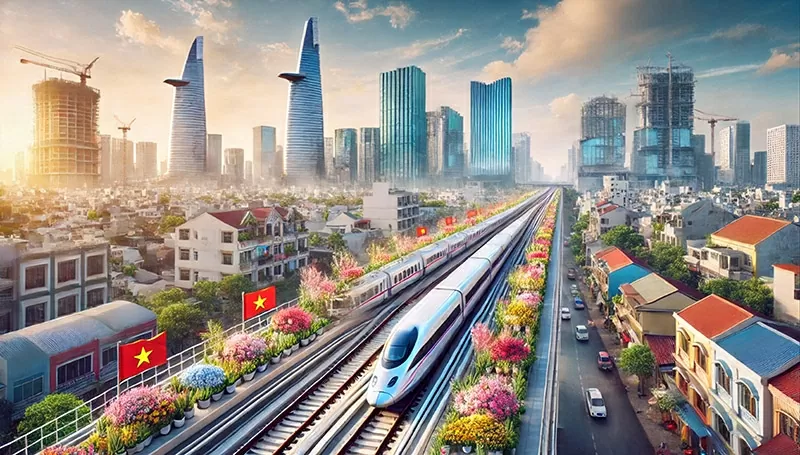 |
| To realize the aspiration of the “era of rising up”, the Vietnamese people, hundreds of millions of people as one, join hands and unite, make the most of opportunities and advantages, push back risks and challenges, and bring the country to comprehensive development and take off. (Source: Investment Newspaper) |
With a breakthrough effort focusing on “international integration”, we will introduce unique reforms that go beyond the traditional approach of rolling out the red carpet to attract FDI and promote exports. Breakthroughs in this focus focus on exploiting global resources at a high level, focusing not only on finance and technology, but also on endogenous development experience and investment in upgrading high-quality human resources.
In this regard, establishing free trade zones is an urgent priority. China’s successful experience in establishing free trade zones over the past 10 years offers valuable lessons. From the first free trade zone established in Shanghai in 2013 as a trial, China has rapidly expanded to 21 zones across the country.
With an area of about 120 km2 (except for some special cases) and focusing on testing mechanisms and policies (without the need for hard barriers), free trade zones have helped China make important strides in implementing five strategic testing goals: (i) creating a business environment that meets the highest international standards in attracting investment; (ii) liberalizing trade, removing maximum barriers on tariffs and procedures; (iii) reforming finance, testing cross-border lending; (iv) promoting the upgrading of industrial bases, promoting the attraction of economic and industrial sectors with high intellectual content and added value, especially in the fields of digital technology and semiconductors; (v) developing and enhancing international competitiveness and position in the global supply chain.
Learning from the experience of collecting additional land rents can help Vietnam collect tens of billions of dollars each year through investment in infrastructure. This is one of the basic formulas of endogenous development: the more appropriate, fast and strong investment with long-term vision, the more abundant resources will be and the more trust will be increased in society.
Focusing on attracting high-quality human resources will not only help Vietnam develop its high-quality domestic human resources faster, but also help this group create greater value creation capacity and have global influence. For example, if Vietnamese universities can attract leading scientists, including editors of prestigious journals, Vietnam's research and publishing capacity will increase significantly. At that time, the goal of building a Vietnamese university system with high international competitiveness, capable of attracting tens of thousands of international students to study will become a reality.
The story of naturalized player Nguyen Xuan Son in Vietnam's victories at the ASEAN Cup 2024 is also a vivid example. Choosing the right person for the right job will bring meaningful values; it helps Vietnamese people to be more responsible, more patriotic and together make stronger efforts to learn to improve the country's position.
The professor once mentioned one of the worrying points is how to “build an elite public administration to realize all strategies, plans, and passions, helping localities and businesses to thrive”, considering that apparatus as a “strategic driving force”. We are undertaking a very large and difficult task, which is to streamline the apparatus to make it lean, efficient, effective, and effective. Observing the movements of this story, what do you have to share?
The strength of the public apparatus is the sum of three sources: total force, incentive, and capacity. While capacity and incentive are extremely important, the total force factor plays a fundamental role, deciding success or failure. Therefore, streamlining the apparatus requires paying special attention to enhancing total force capacity in addition to efforts to improve capacity and incentive. Singapore's experience in building a total government shows that it is necessary to prioritize two focuses: designing the foundation and establishing operational departments responsible for implementing policies.
According to the experience of countries around the world, what needs to be done to have “a team of good officials and an elite public administration”, Professor? And in the current context, what can Vietnam learn from the world’s experience?
The foundation design focuses on a transparent, concise legal foundation and a clearly defined organizational structure with high inter-dependence. Singapore reformed this organizational structure in 1980 when it realized that overlapping and lack of synergy reduced the efficiency and effectiveness of the apparatus, especially when development problems became increasingly complex and challenging.
Establishing statute boards in the government apparatus brings many important benefits.
First , it separates the management and policy implementation functions from ministries and branches so that ministries and branches can focus on administrative and supervisory tasks.
Second , the operational departments operate as businesses with the awareness of generating revenue in policy implementation. Budget expenditures for the operational departments are only an additional source. Therefore, it not only reduces budget expenditures, but also helps monitor and promote the operational departments to operate effectively, creatively, and consider the people as the center of service.
Third , each operating department has its own board of directors with detailed annual reports on both strategy and finances. This increases transparency, accountability, and the drive for continuous innovation.
Fourth , the operational departments have flexible authority in recruiting and appointing staff, especially international experts with high competitiveness in the labor market. The operational departments can also borrow capital for investment activities according to their functions and tasks.
Besides the “team of good cadres and elite government apparatus”, we also have a network of talented Vietnamese intellectuals living and working all over the world. Many of them always have their hearts turned towards their homeland, towards the Fatherland. What should we do to promote the spiritual and intellectual strength of this team for the cause of national development, Professor?
With a population of over 100 million and over 5 million living abroad, most of them in developed countries, Vietnam has a large and valuable pool of potential experts. However, gathering and utilizing them is not simple. In my opinion, the Party and Government should pay attention to the following 3 important points when inviting overseas intellectual experts to contribute to the country.
First , be sincere, fundamental and strategic in each specific initiative, avoiding movements, formalities and motivational nature. How to make people return to the country see the special value that they can bring to the Fatherland.
Second , the two additional breakthroughs mentioned above are especially important. “Modern thinking and vision of the future” have a strong incentive for people to return to help their country. I am impressed that many Chinese students want to return because they see the opportunity to contribute to making their country strong, a responsibility and honor that not every generation is fortunate enough to have.
The breakthrough in the direction of “international integration” also helps foreign experts to integrate and develop more easily. For example, if Ho Chi Minh City - Binh Duong, Hanoi - Hai Phong, Hue - Da Nang establish free trade zones, where universities, research institutes, businesses and organizations are organized and managed according to the world's best practices, then not only Vietnamese experts but also the world's top talents will want to gather.
Third , all efforts should start from appreciating and exploiting the available talents in the country and focus on solving very specific problems, bringing practical benefits to the people. We need to find talented people and invest in areas that can create the highest value resonance. For example, investing in marketing or technology for the agricultural sector to increase the annual export value (about 50-60 billion USD) by 5% will bring in 2-3 billion USD.
Professor, 2024 also marks very big changes, very quick and bold decisions, such as the "finalization" of the policy to build a high-speed railway on the North-South axis, one of the largest projects ever in Vietnam; or the determination to complete 3,000 km of expressway, then finish the 500 kV line 3 ahead of schedule, and at the same time decide to restart the nuclear power project... What do those movements show, sir?
I am particularly impressed by the strong determination of the Government, headed by the Prime Minister, in investing in large-scale and fast-paced infrastructure projects. I hope we will have breakthrough institutional reforms in this important field so that the implementation and drastic efforts will bring about meaningful and outstanding results. Especially the metro projects in Hanoi, Ho Chi Minh City and nuclear power and offshore wind power projects.
With the changes in the country and the economic - political - social dynamics in the world in the past year, how do you assess Vietnam's investment attraction opportunities in 2025 and the coming time? More broadly, can you assess Vietnam's development and growth opportunities in the coming years?
One of the great characteristics of the world situation is called by experts as “VUCA”. It refers to unpredictable, complex and difficult to understand fluctuations that all countries must be ready to accept. The fluctuations in the US, Europe, even South Korea and pandemics like Covid-19 show the urgency to broaden the vision with modern thinking and improve the ability to respond to all challenges, including challenges that few people could have imagined before.
For Vietnam, challenges and opportunities are both enormous, but intricately intertwined. In this context, responding effectively and proactively to each emerging challenge is the most solidly grounded way to develop. That is, challenges need to be given top priority. Opportunities are just tools to support overcoming challenges. The three magical treasures that every organization and business needs to fully exploit in this effort are: human knowledge; technological advances, especially artificial intelligence AI; and the power of resonance from deep collaboration (1+1=11).
Source: https://baoquocte.vn/viet-nam-cat-canh-la-mot-uoc-mo-tao-bao-menh-lenh-thoi-thuc-moi-nguoi-dan-302804.html






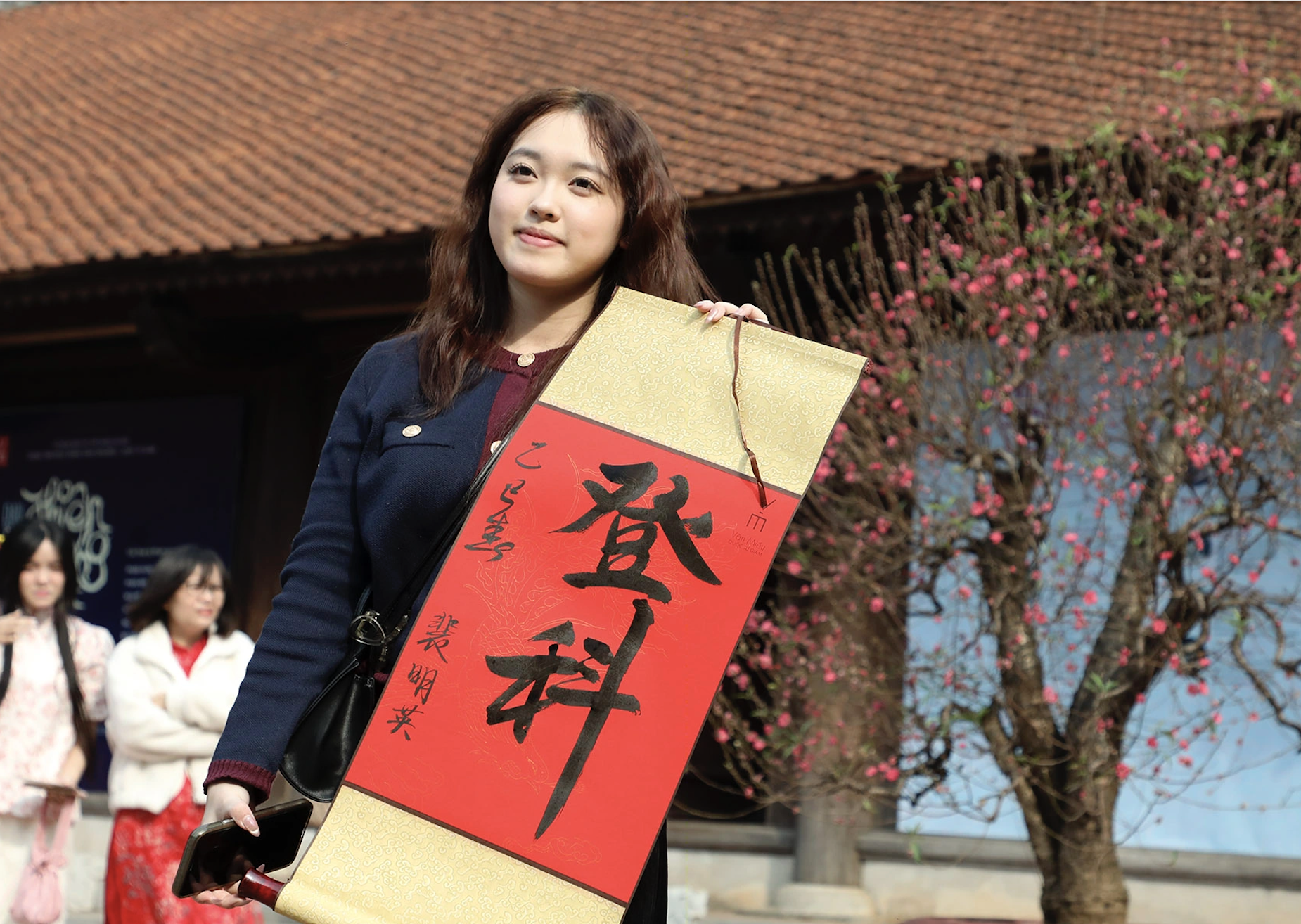















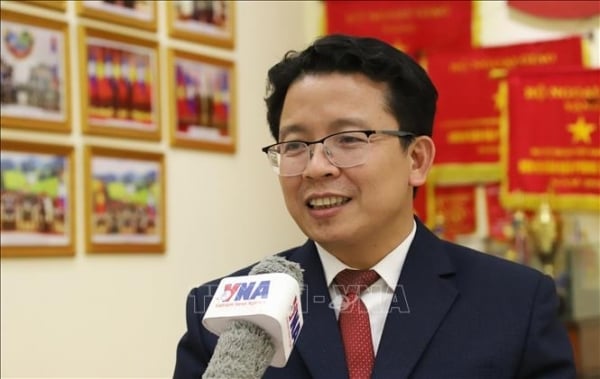
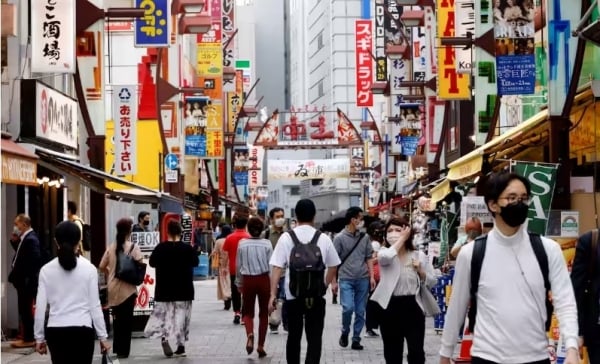

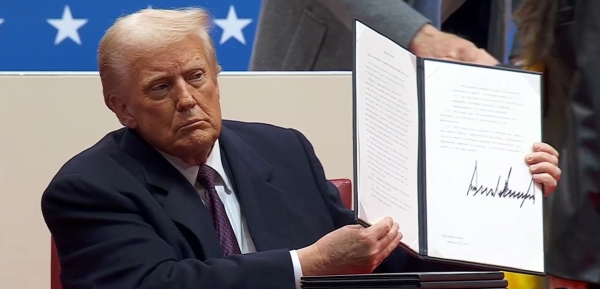
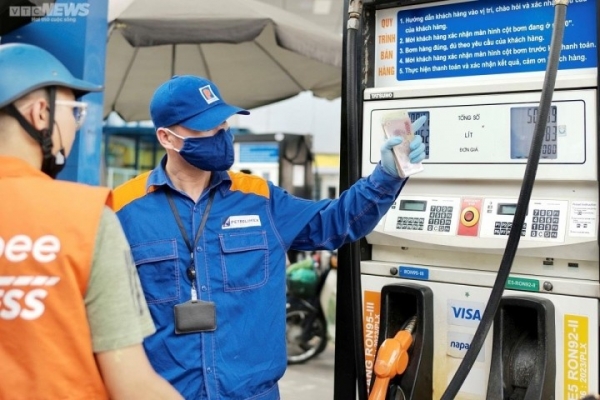
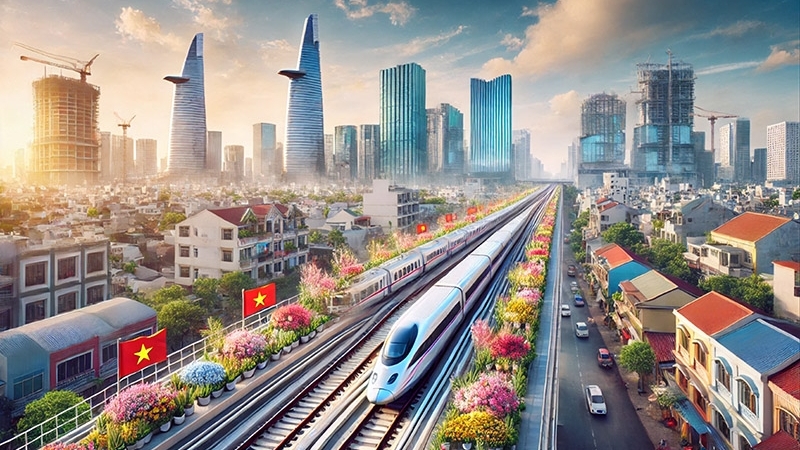


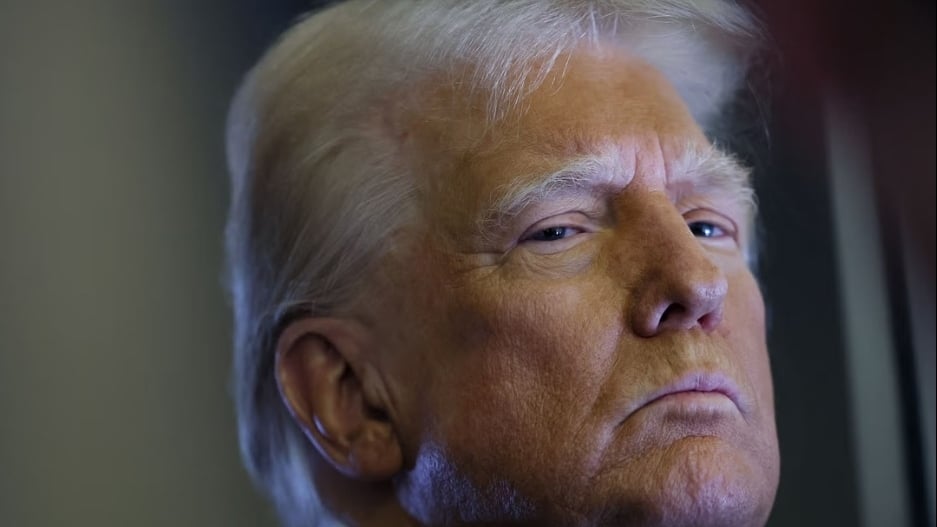


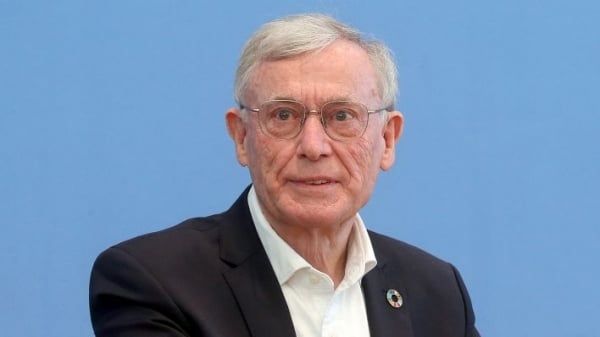

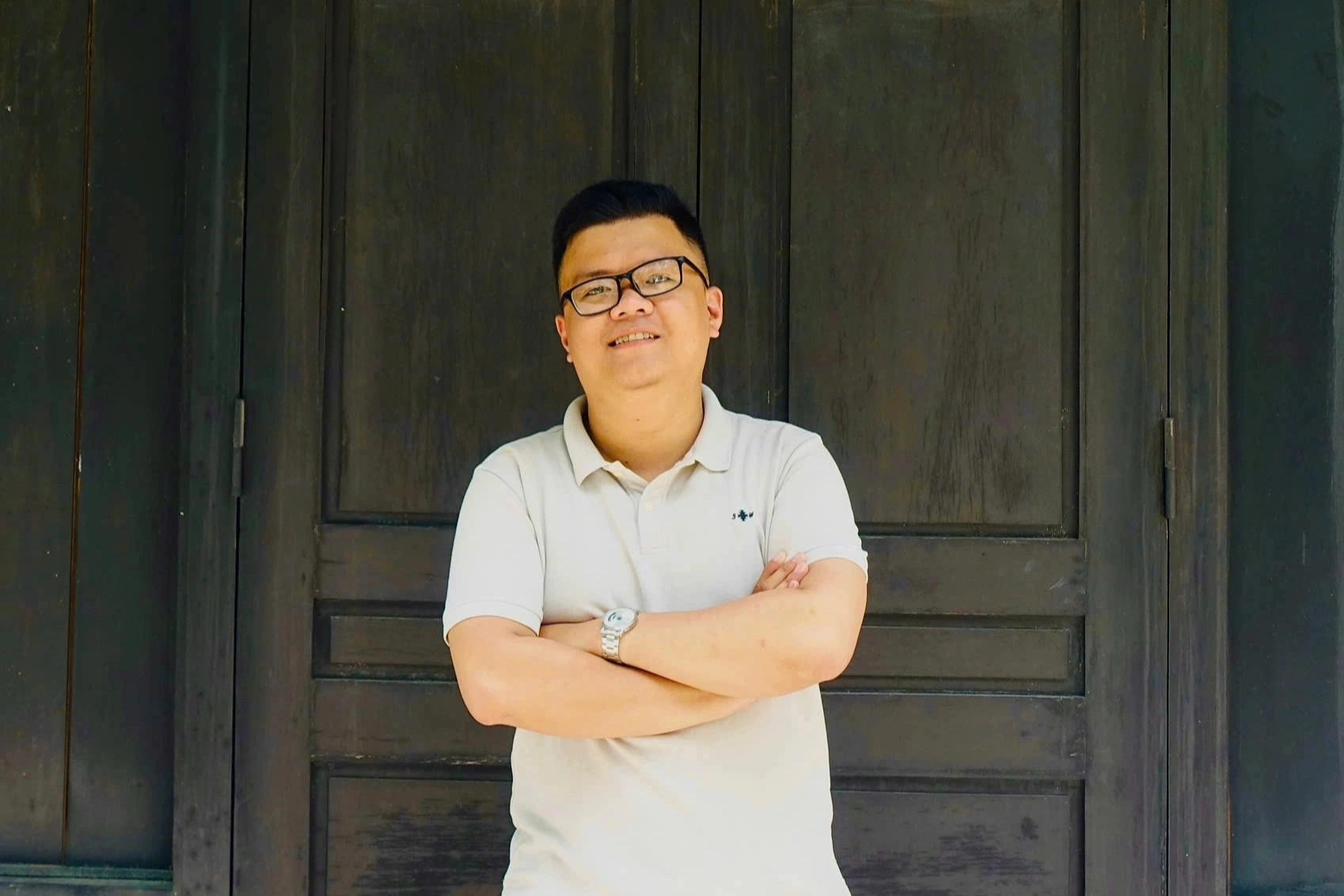

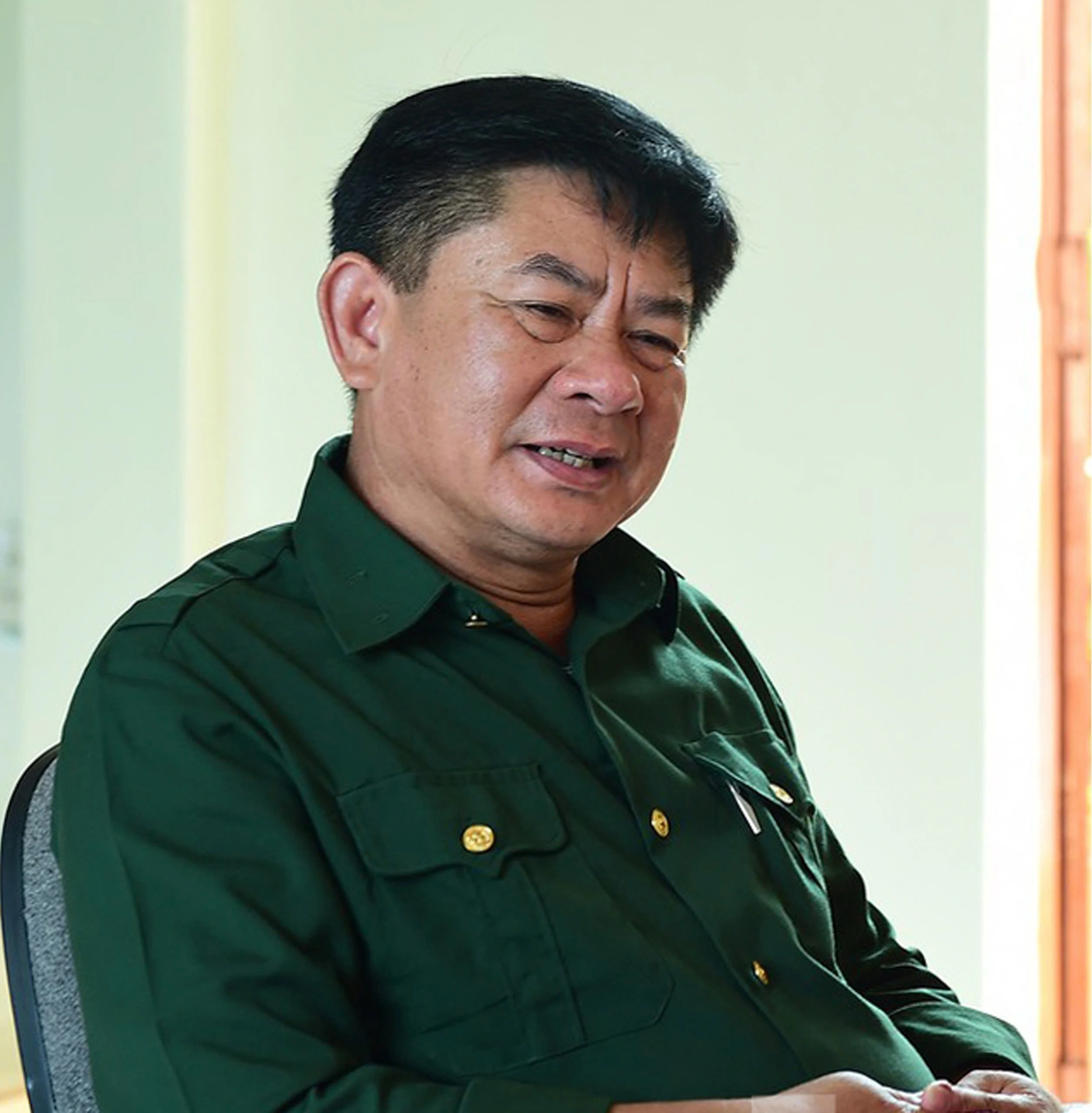




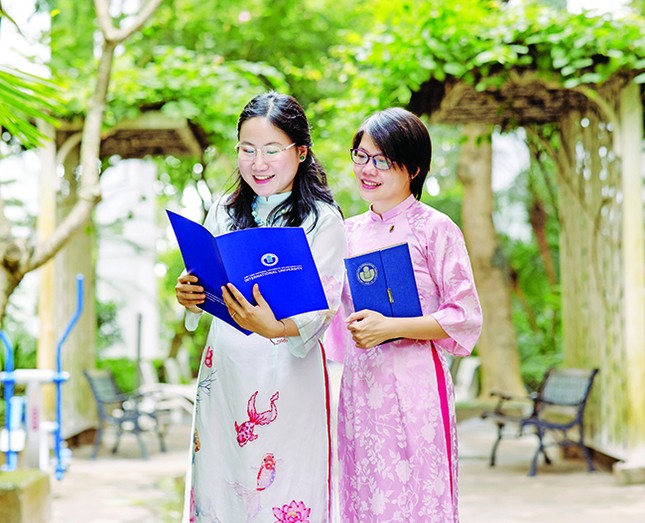





Comment (0)